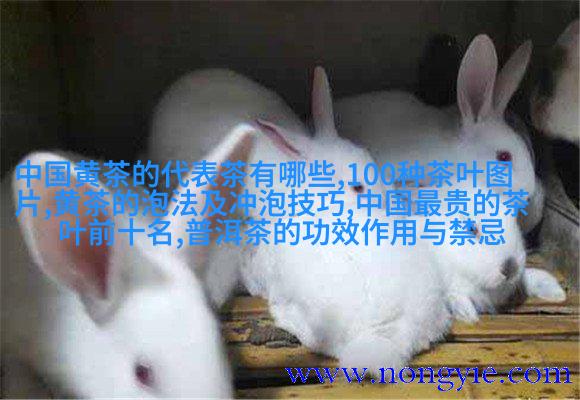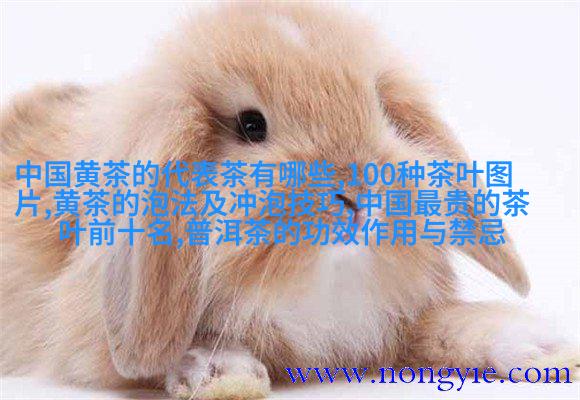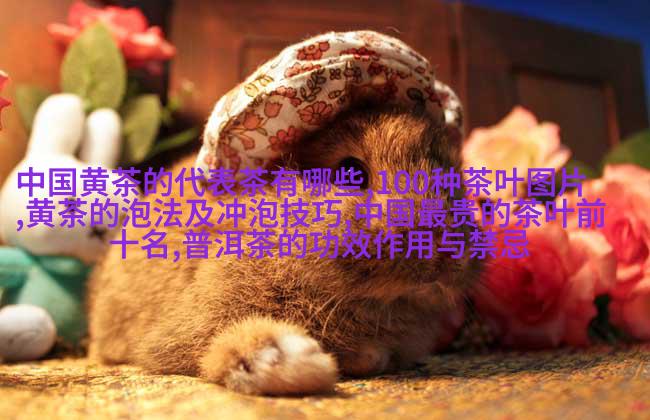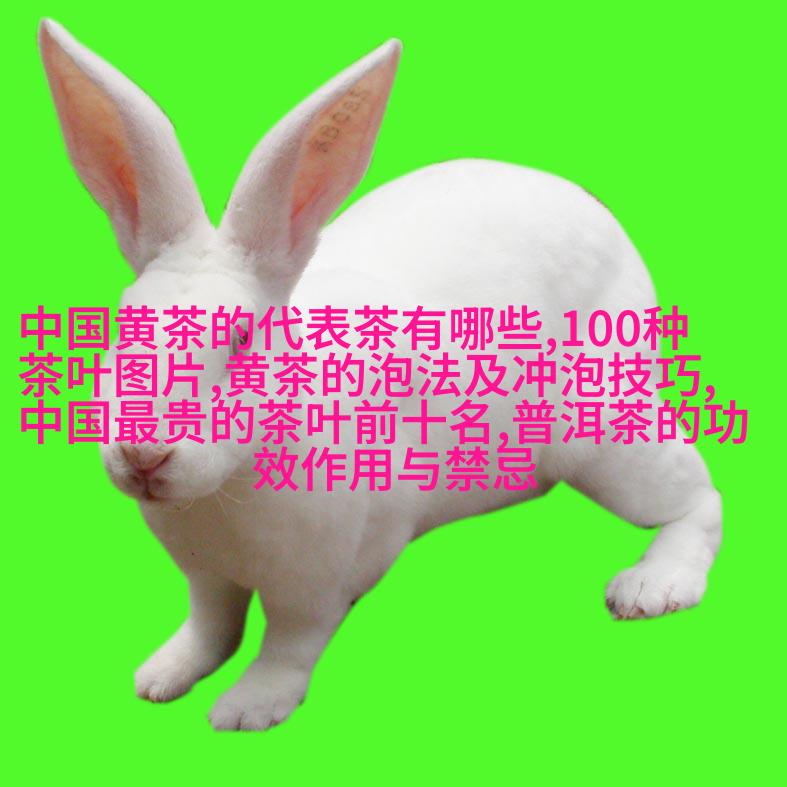The Art of Chinese Tea Appreciation: Decoding the Meaning Behind Each Name in English

Tea has been an integral part of Chinese culture for thousands of years, with its rich history and diverse varieties captivating people from all walks of life. Among these countless teas, there are ten that stand out as particularly renowned - the China's Ten Great Teas. These exceptional brews have not only earned their place in Chinese tea lore but also gained international recognition. In this article, we will delve into each name's meaning behind its English translation.
Longjing (Dragon Well) - The Celestial Serenity

Translated to "Dragon Well" in English, Longjing is a green tea grown in Hangzhou's famous West Lake area. Its name reflects both the tranquility it embodies and its unique production process involving flat stones laid on terraces to allow sunlight to reach leaves evenly during growth.
Wuyi Oolong - A Symphony of Nature

Wuyi Oolong is another celebrated green tea originating from Fujian Province's Wuyi Mountains. Its name "Oolong" signifies partially fermented leaves between black and green teas while "Wuyi" represents the majestic mountain range where it thrives amidst lush vegetation.
3.Lu Shan Yun Wu (Lu Mountain Cloud Mist) - Whispering Secrets

This light-green tea hails from Lu Shan Mountain in Jiangxi Province and translates as "Cloud Mist". The delicate clouds floating above its namesake mountain inspired this ethereal brew that promises an experience akin to listening to nature whisper secrets through misty air.
4.Xin Yang Mao Feng (New Phoenix Whisker) - Feathered Beauty

Xin Yang Mao Feng comes from Henan Province’s Xin Yang region with an intriguing title that translates as "New Phoenix Whisker". This beautiful white tea owes its name to long, silky hairs resembling whiskers on young buds which are hand-picked early spring mornings before sunrise when dew still clings gently onto them.
5.Meng Ding Gan Lu Guan Yin (Mengding Ganlu Guanyin) - Goddess of Mercy & Her Peacocks
Meng Ding Gan Lu Guan Yin originates from Sichuan’s Meng Ding Mountain range named after Buddhist deity Guanyin or Kwan Yin who symbolizes compassion known as Goddess of Mercy among Buddhists worldwide; her association with peacocks led to naming this oolong after her revered image wrapped around a peacock motif on ancient pottery artworks found near her temple site.
6.Tieguanyin (Iron Goddess Of Mercy) - An Ironclad Legacy
Tieguanyin is another oolong hailing from Anxi County within Quanzhou City, Fujian province; translated into English simply as 'Iron Goddess', it draws inspiration directly by relating it back again towards the goddess worshipped at local temples who wears iron armor signifying strength & resilience against evil forces—just like how Tieguanyin stands strong against time passing over centuries since inception by maintaining perfect balance between floral notes & earthy undertones while brewing accordingly well-crafted concoctions for generations' delighting palates everywhere without fail throughout history ever since 19th century discovery outside China proper became public knowledge amongst western world connoisseurs seeking such sublime taste experiences they'd never had anywhere else before discovering these magical elixirs so rare yet full-bodied enough even then even today still can't resist re-visiting every now then if given chance – thus proving irrefutably what makes Tieguanyun truly unforgettable gem among all other great teas known globally!
